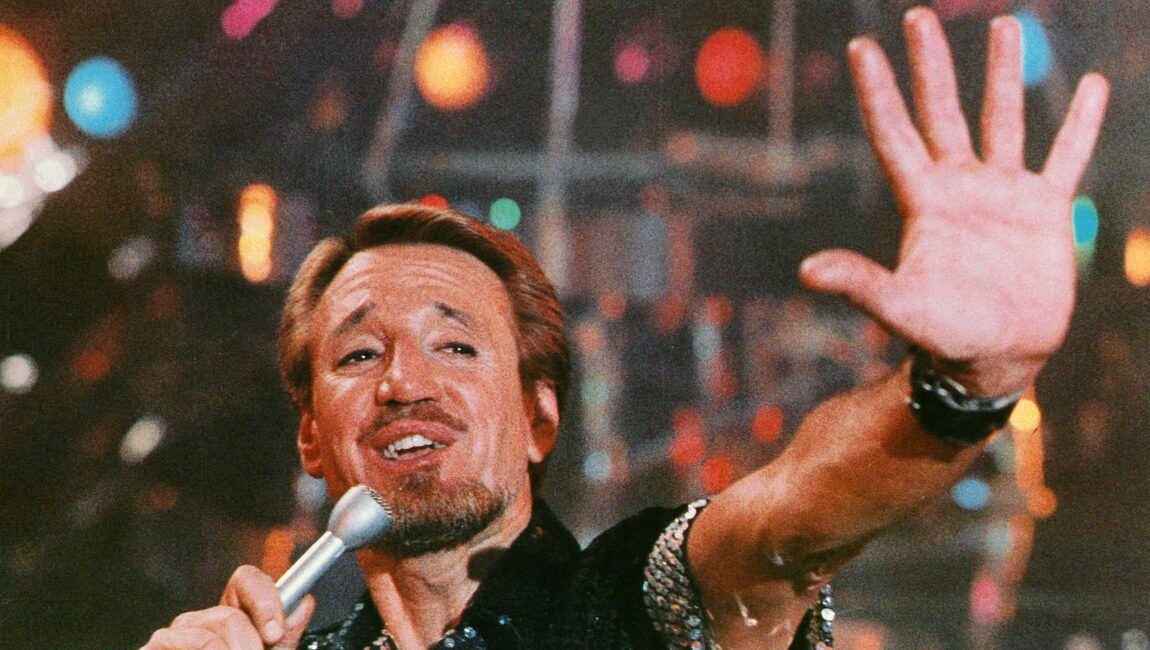Jungleland is a deeply familiar film that injects little energy or originality into its template narrative.
Max Winkler’s Jungleland follows bare-knuckle boxer Lion (Jack O’Connell) and his manager-brother (Charlie Hunnam) as they make their way across America towards a potentially life-changing fight in San Francisco. Joining them is a young woman, Sky (Jessica Barden), who, as the price for being booked on the fight card, they must deliver to a gangster in Reno. She, of course, causes tension between the two brothers, and from there, the movie proceeds exactly as you’d imagine it would. What Winkler has constructed is a series of borrowed mythopoetic signifiers about hardscrabble Americana that is ultimately indistinguishable from any number of movies navigating similar subject matter.
What undercuts the generic tedium is that Hunnam and O’Connell deliver strong performances, keeping matters reasonably compelling even as the script does little more than crib from Springsteen songs and better movies. Hunnam, in particular, shines as the overzealous, scumbag big brother who’s much too stubborn to recognize the toll his hotheaded demeanor and idiotic gambling have taken on the more talented Lion. But even if he brings some necessary energy, it’s hard to offer too much praise when the role feels as creaky and familiar as it does. The handler-brother who is blind to his own shortcomings is a character cliché second only to lughead boxers themselves, and while Hunnam is indeed the best part of Jungleland, commanding attention in every scene he’s in, he doesn’t do anything to separate his character here from the cinematic pack. At least O’Connell isn’t performing the usual mook part — one scene even goes so far as to verbalize that he doesn’t seem like a boxer. He’s still a stock character — the secretly tender fighter with dreams of another life — but he’s easily believable, especially in scenes shared with Barden where he gets to indulge in Lion’s softer side.
For all that, the very distinct unoriginality of Jungleland would be more forgivable if the whole thing didn’t come off as so desperate to be taken seriously. Everything about the film, from its moody yellow lighting to the maudlin score of strings that sound like they’re crying, feels like it’s trying to balance the grimness of the film’s observed world with a romanticization of life on the road. Even Winkler’s admittedly sturdy direction feels little more than studied, as if he’s memorized the manual on how to make a good movie but doesn’t possess enough spark to enliven anything. The film is characterized by still, unmistakably composed frames that at once feel like a prestige play and as if they’re entirely at odds with the story being told. The result is that Jungleland often feels observed from a remove, offering little in the way of personality to break through its dull solemnity. Even the few-and-far-between fight scenes are so bog-standard as to convey no visceral thrill whatsoever. In a better movie, that might have appeared a poignant choice, a repudiation of a life of violence for sport. In Jungleland, it’s simply another lifeless piece of a clichéd whole.







